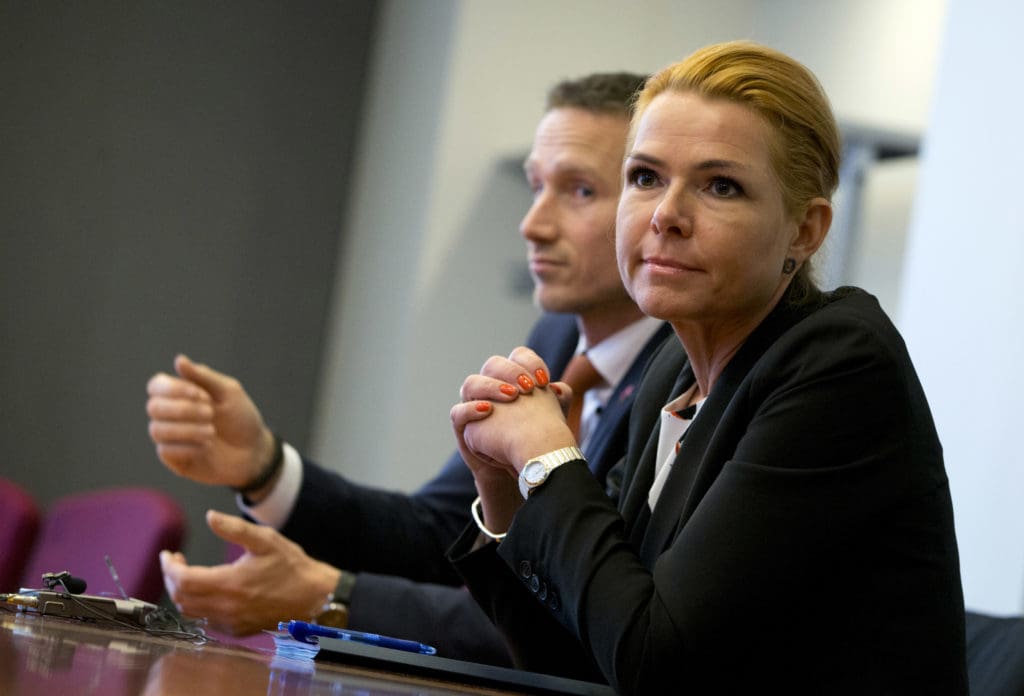Former Danish Immigration and Integration Minister Inger Stöjberg was sentenced to 60 days in prison on Monday for illegally ordering the division of 23 asylum-seeking couples in 2016, in which at least one of the partners was a minor. Stöjberg based her decision on fears that these might have been forced marriages, Reuters reported.
Stöjberg, who was in the function between 2015 and 2019, was behind the tightening of asylum and immigration laws in Denmark. Among them was, for example, the controversial law of 2016, which allowed the confiscation of migrants’ property in order to finance their stay in the country.
According to the court, Stöjberg deliberately violated Danish laws and the European Convention on Human Rights by a blanket order for couples living in asylum centers, although pairs must be given the right to an individual appraisal of their cases.

Since individuals who are sentenced to prison for any time less than six months in Denmark have the right to stay at home with an electronic monitoring bracelet, it is unlikely that Stöjberg spends any time behind bars.
The move, however, may have a chilling effect on the Denmark’s current left-leaning government, which is known for its hardline stance on immigration, including a goal of zero asylum seekers and a range of plans to deport migrants and reduce the formation of ethnic ghettos.
In the case of Stöjberg, the women who were split were between 15 and 17 years old, while men were 15 to 32 years old. The couples came mainly from Syria. Some of them had children or were expecting a child. Women under the age of 18 stated they agreed to wed.
Monday’s decision of a special court dealing exclusively with the acts of former or current members of the Danish government is final and cannot be appealed.
The case of Stöjberg is hardly unique, with other European politicians with a strong stance against illegal immigration being brought to court and threatened with serious sentences for defending their countries’ borders. Perhaps the most high-profile case as of late is Matteo Salvini, who is being accused of “kidnapping” migrants by refusing migrant NGO ships access to Italian ports to offload hundreds of illegal immigrants.





